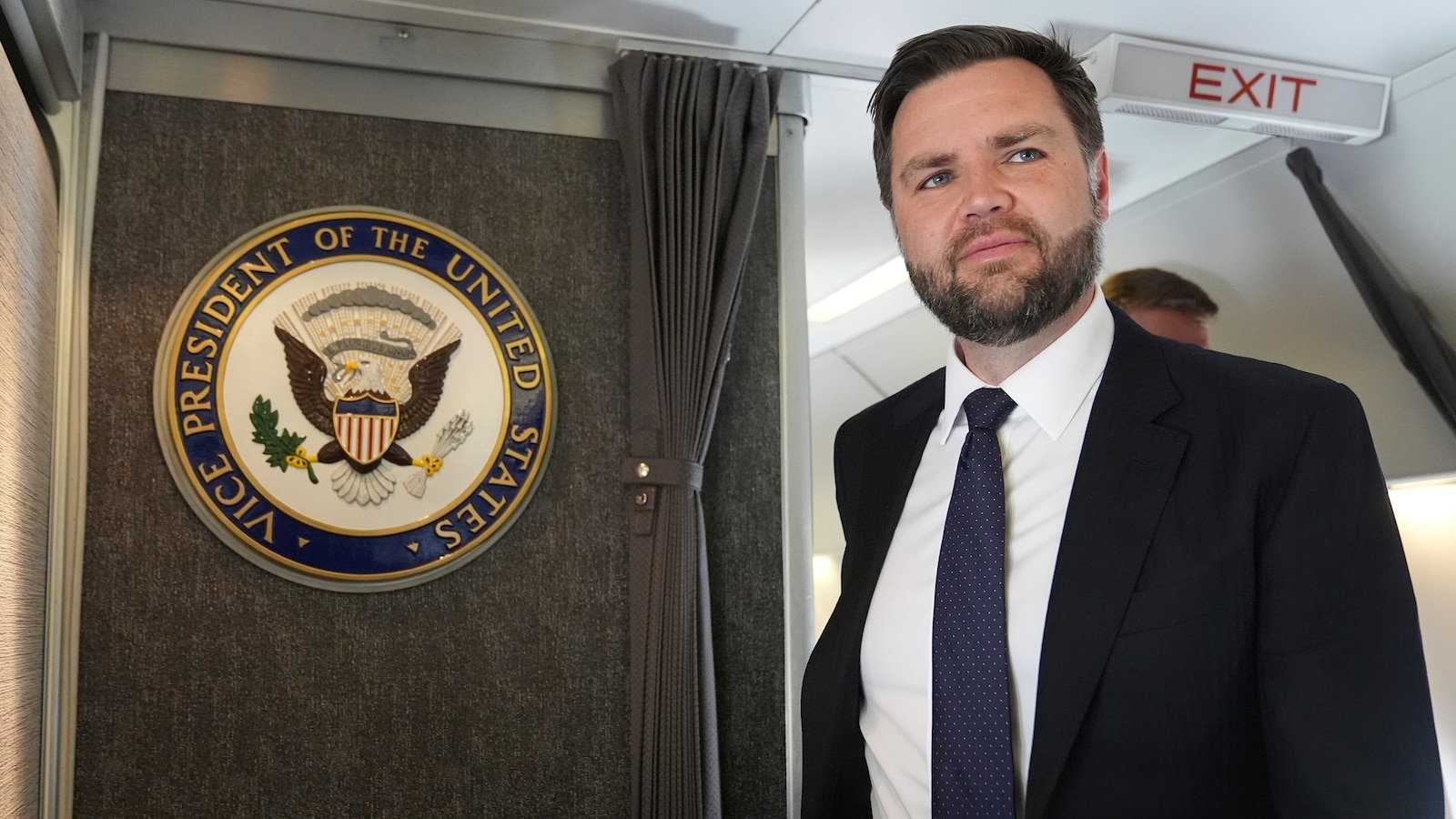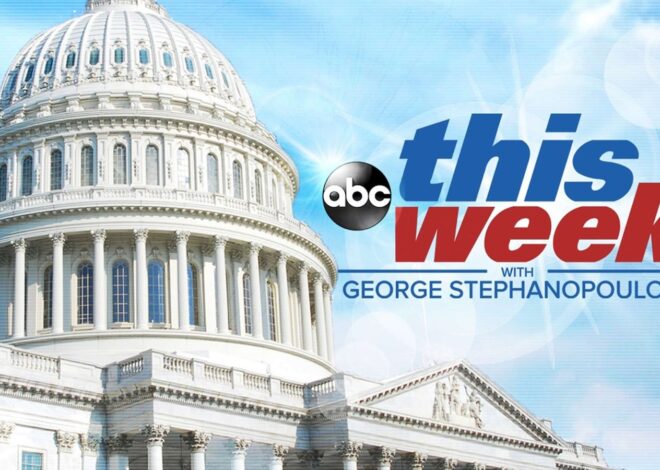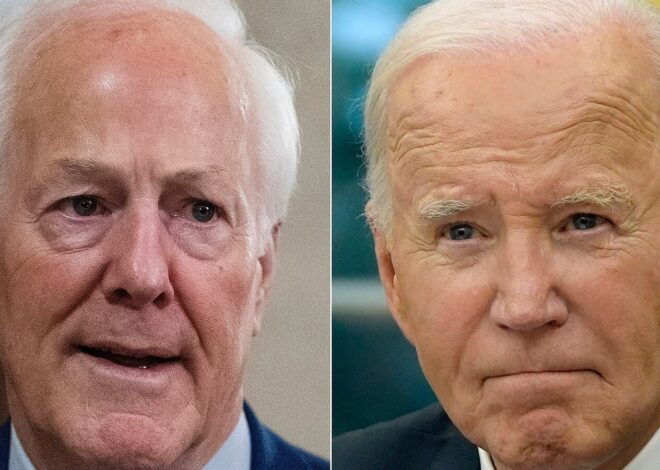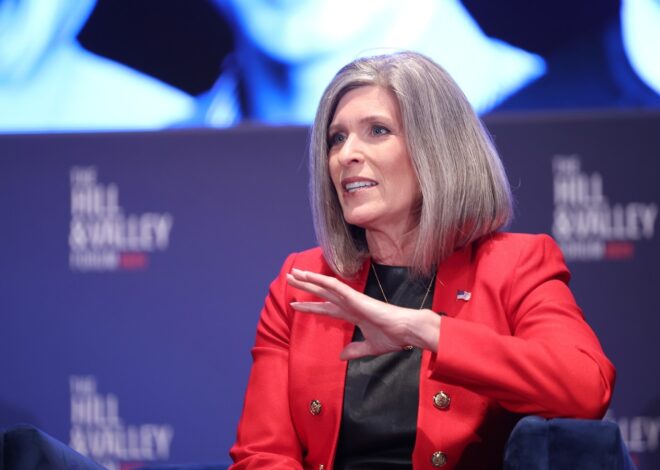
Vance Criticizes Roberts for Misunderstanding Supreme Court’s Role in Overseeing the Executive Branch
Political Tensions Rise Over Immigration Powers
Maybe this is how it always starts: a quiet headline that carries the weight of a storm brewing beneath it. At the heart of the current political discourse, the White House has been asserting that President Trump holds extraordinary plenary power over immigration. This belief is stirring the waters of a debate that is far from settled.
Vice President JD Vance recently gave voice to these tensions during a wide-ranging podcast interview with the New York Times. With a candid tone, Vance expressed strong disagreement with Chief Justice John Roberts’ view on the Supreme Court’s role in curbing the executive branch’s powers. Vance argued, “That’s one half of his job. The other half of his job is to check the excesses of his own branch.” His words reflected a sentiment that perhaps many feel but few articulate so openly – the courts, in his view, are impeding the democratic will by challenging immigration policies voters have endorsed.
Amidst these debates, Vance’s comments tap into a larger narrative: the ongoing struggle between different branches of government. His perspective implies that the judiciary, in its quest to uphold checks and balances, might be overstepping. Is it really the courts’ role to act against the will expressed through democratic processes? Maybe. Maybe not. But, it leaves one wondering if there’s a risk of courts overreaching in their duty to maintain independence.
Chief Justice Roberts, in his recent remarks in Buffalo, emphasized the necessity of judicial independence, underscoring that judges serve as a check on the executive and legislative branches. His assertion that judicial independence is crucial sparked further reflection. The interplay of powers, as outlined by the Constitution, is a dance as intricate as it is vital.
Meanwhile, a separate but related legal battle unfolds as the Supreme Court recently extended an injunction preventing the Trump administration from deporting Venezuelan immigrants under the Alien Enemies Act. The injunction’s extension places the matter in the hands of the 5th U.S. Circuit Court of Appeals, tasked with determining how detainees can contest their removals. It’s a complex tangle of legal interpretations and political beliefs, each side vying for its perspective to prevail.
Vance, defending the administration’s stance, stated that courts should show “extreme deference” to the political judgments of the elected president. His words leave a lingering question about where the line should be drawn between political judgment and judicial oversight. Perhaps the essence of democracy lies in this delicate balance, yet finding that balance remains a formidable challenge.
In a world where every decision seems to ripple across the political landscape, these debates are more than just legal or political; they’re about the values and beliefs that shape the nation. As events unfold, one can only ponder how these dynamics will evolve and what they mean for the future of governance.
For a deeper look into the judicial perspectives at play, you can read more on ABC News.
And so, the story continues – a narrative of power, checks, balances, and the ongoing quest for a government that truly reflects the will of its people…



